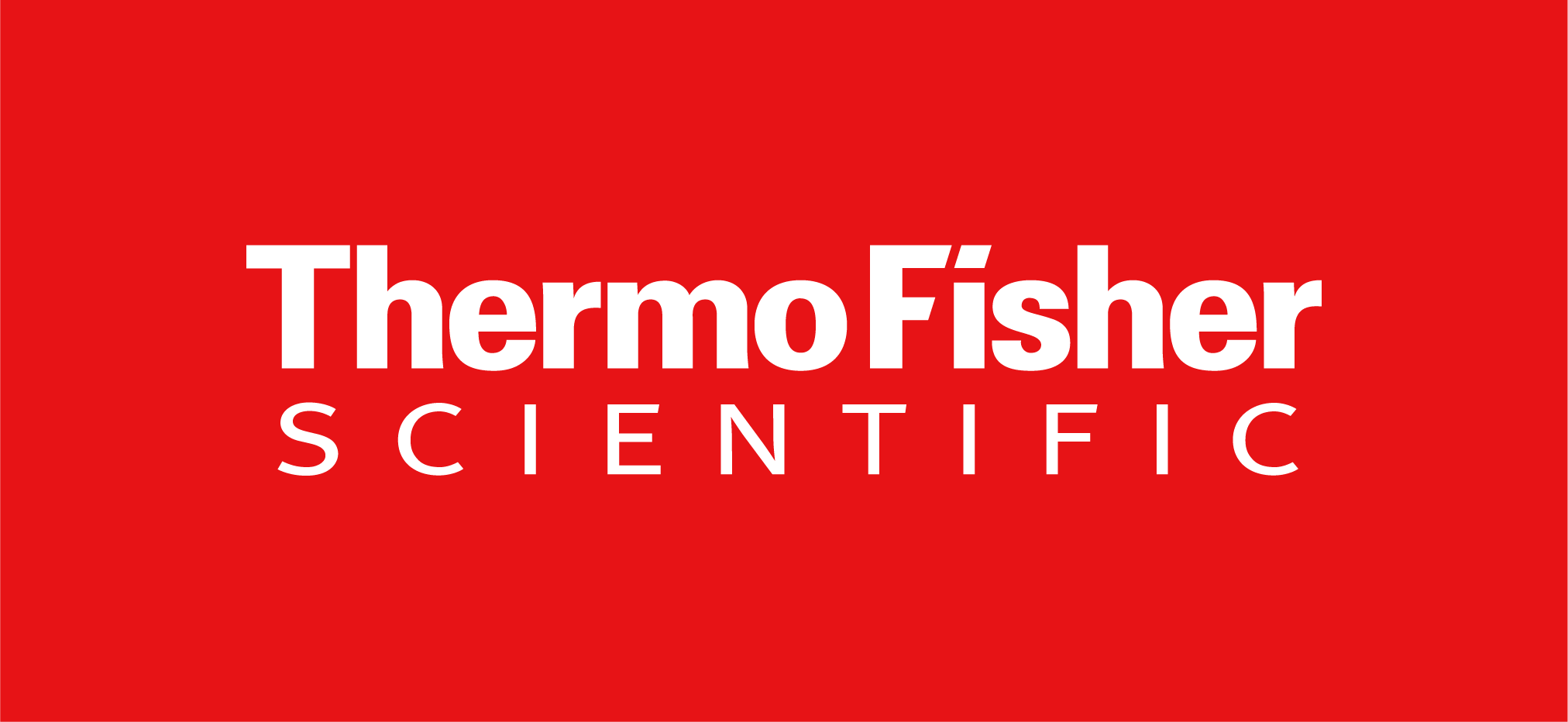
Video Highlight
Guest Profiles

Peter Marks, MD, PhD
Director, Center for Biologics Evaluation and Research at the Food and Drug Administration (FDA)
Noteworthy: Dr. Peter Marks: FDA Director since 2012, National Academy of Medicine member since 2022, author of over 100 scientific papers. Dr. Marks is an industry leader and key voice across vaccine development, gene therapy, biologics regulation, and medical innovation.
Key Insights

Gene Therapy's Potential to Transform Rare Disease Treatment
Dr. Peter Marks highlights the groundbreaking advancements in gene therapy, especially for rare diseases with high unmet medical needs. He discusses the FDA's role in fostering these innovations, underscoring the importance of understanding gene therapy's application and ensuring its safe delivery. Dr. Marks emphasizes the challenges in manufacturing gene therapies, noting that overcoming these hurdles is essential for treating large populations and common diseases. This insight reflects on the hope and complexity of gene therapy, aiming to provide one-time treatments that could drastically improve patient outcomes.
The Role of AI in Enhancing Gene Therapy Development
Dr. Marks points out the significant potential use cases for artificial intelligence (AI) in gene therapy, from product design to clinical development and manufacturing. AI’s ability to predict off-target effects and streamline the manufacturing process could be a game-changer in this space. By harnessing AI, researchers and developers can optimize safety signals and process large quantities of data for continuous improvement. This insight underscores the potential of AI to revolutionize gene therapy, making it more efficient and effective.
Emphasizing the Human Impact of Gene Therapies
Dr. Marks and Miller share personal stories of patients and families affected by rare diseases, illustrating the transformative power of gene therapy. They recount profound effects of recent gene therapy approvals on individuals and their communities, particularly highlighting Duchenne Muscular Dystrophy. Marks's narrative conveys the deep emotional and physical impact of gene therapy, not just as a scientific achievement but as a means to significantly enhance lives. This insight brings to light the importance of patient-centered approaches in the development and application of gene therapies.
Episode Highlights

FDA's role in gene therapy progress
Dr. Peter Marks discusses the comprehensive role of the FDA in regulating complex biologics, including gene therapies. He emphasizes the cross-fertilization of knowledge from vaccine development to gene therapy, highlighting how the FDA's involvement spans from initial product research to post-market surveillance. This approach ensures that therapies are safe and effective for patients, illustrating the FDA's commitment to supporting innovation while maintaining rigorous safety standards.
"The Center for Biologics Evaluation and Research regulates some of the more complex biologic products... It's kind of nice to have that cross-fertilization because some of what we learned with vaccines is now rubbing off and helping us in the gene therapy world."
Advances in gene therapy manufacturing
Dr. Marks explains the importance of improving gene therapy development processes, including manufacturing and clinical development. He introduces the concept of a playbook for best practices, aiming to enhance throughput in gene therapy development. This effort seeks not only to address current diseases under study but also to set a foundation for future therapies, emphasizing the need for efficiency and scalability in therapeutic development.
"Can we put together a playbook ranging from manufacturing... to help people understand how we can get better throughput through the gene therapy development process."
Gene therapy's potential for rare diseases
The episode highlights 2023 as a landmark year for gene therapy, particularly for treating rare diseases with high unmet needs. Dr. Marks celebrates the FDA's approval of the first therapy for Duchenne muscular dystrophy in young patients, marking a significant milestone in gene therapy. This part underscores gene therapy's promise to address the root causes of diseases, offering hope for groundbreaking treatments.
"2023 was a landmark year for gene therapy development... we made history with the first ever approval for a muscular dystrophy, specifically in Duchenne muscular dystrophy."
The future of gene therapy and vector technology
Dr. Marks and Dr. Timothy Miller discuss the evolving landscape of gene therapy vectors, including the potential shift towards less immunogenic options or entirely new vector and vector-less technologies for gene or gene product delivery. This conversation reflects on innovative approaches to overcome current limitations, such as vector immunity, and the exciting possibilities of synthetic biology and gene editing technologies, including CRISPR Cas9 and related platforms in advancing gene therapies.
"Now people are trying to make better generations of our current vectors... But then there's the issue of, could we just move away from this entirely to vectors that could potentially be given multiple times."

